Today we take the opportunity of promoting another research paper “Effectiveness of Learning Through Experience and Reflection in a Project Management Simulation” that appeared in NASAGA journal Simulation & Gaming by Silke Geithner and Daniela Menzel. This article features LEGO Serious Play at university classroom setting. The authors report on how they used different tools to teach project management in simulation settings.
They conducted several simulations and in one of the sessions, they facilitated the students with LEGO Serious Play methodology to describe their personal strengths, create shared understandings of tasks and their simulation stakeholders. All those elements were laid out as a model of a landscape. The researchers finally asked the students in the group using LEGO Serious Play and in a control group to report their experience and results. The LSP group reported higher shared understanding and collaboration, but lower task efficiency, as LEGO Serious Play methodology took more time.
The abstract of the article is below. You need to get the full-text (PDF) directly from the journal website: http://journals.sagepub.com/doi/abs/10.1177/1046878115624312. If you are interested in related studies then a few days ago we posted a reference to a recent study of one of the co-authors of this paper Schultz & Greithner (2015) where they explained the use of LEGO Serious Play methodology as a creative tool in the book “Learning and Collective Creativity”.
Abstract
Aim. In close cooperation with an international automotive supplier we developed the “C2” business simulation game in order to meet real work practice needs. Based on the example of a site-location decision and the setup of a new factory in China, the participants of the game experienced the challenges of an interdisciplinary project team as well as project management in complex and rapidly changing situations. During the game we used the creative learning method LEGO® Serious Play®,1 which helps to express different understandings through hands-on modelling. The aim of the game is to acquire and improve both technical project management knowledge and soft skills of the participants.
Method. In total, 47 students participated in one of six two-day game sessions. They reported self-perceptions about their skill level through pre- and post-game questionnaires. Further data were collected during the simulation game based on observations, lessons learned reflections of the participants and evaluation questionnaires.
Results. Results from our pre- and post-game self-assessment questionnaires show that the “C2” business simulation game improves not only conceptual knowledge about project management but also team working and the participants’ other soft skills. Results indicate that the students’ reactions to the simulation game were positive, and students felt that the LEGO Serious Play method helped them to better cope with challenges of teamwork, influences of stakeholders, risk factors and unpredictable project situations.
Conclusion. These results suggest that our business simulation game has the potential to be an effective learning and training tool to provide students with relevant skills necessary for project managers. By giving students the opportunity to act in an authentic scenario based on a real project case, we can support their action-oriented as well as their trial-and-error learning, or in short their learning through experience.
Get the full text of the paper here: http://journals.sagepub.com/doi/abs/10.1177/1046878115624312



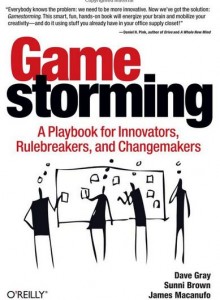
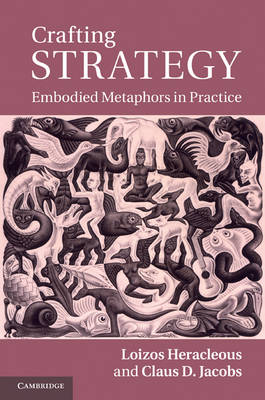


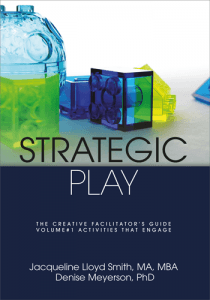
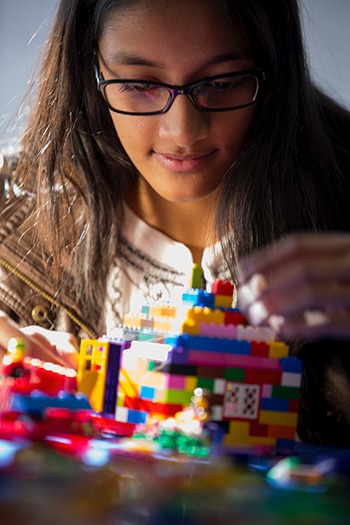
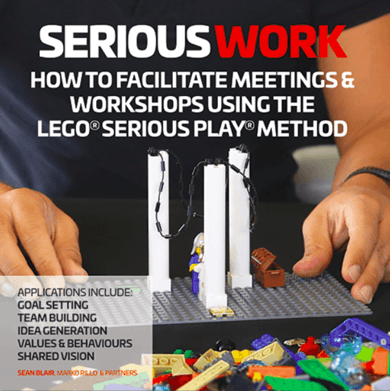
 Become a LEGO Serious Play facilitator - check one of the upcoming training events!
Become a LEGO Serious Play facilitator - check one of the upcoming training events!